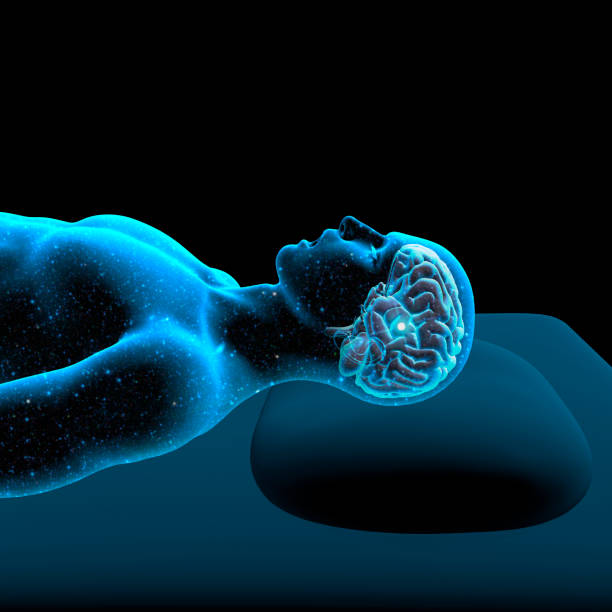
#sleep #magnetic #field #brain
Does the human brain have a magnetic field?
Brain magnetic fields.
- It has been established that a magnetic field occurs in the brain, spreading around the brain, which is detectable by magnetoencephalography (MEG; magnetic field) method (Agnati et al., 2018).
Scientific study throughout the years has revealed that the earth's electromagnetic energies have an effect on humans. This is due to the fact that, just like our planet, our bodies have magnetic poles. The positive magnetic pole of the Earth is to the north, while the negative pole is to the south. Similarly, our positive pole points to the head and our negative pole points to the feet. We all know that opposing poles of a magnet attract, whereas similar poles repel. This means that when we lie down with our heads to the north, we are directing our positive pole to the positive pole of the Earth. As a result, the energy produced is not beneficial since there is continual repelling. This causes sleep disruption and a variety of health problems. (In some cultures the Death Position is when dead people are placed with their head in the North and feet in the South.)
Sleep experts emphasis that individual preferences and environmental factors play a role in achieving a good night's rest. Factors such as comfort, room temperature, noise levels, and the quality of your mattress and pillows tend to have a pronounced impact on sleep quality. Therefore, it is recommended to focus on creating a sleep environment that is comfortable, quiet, and conducive to relaxation, tailored to your personal preferences.
However, given the influence of the earth's magnetic fields on human bodies, it is ideal to sleep with your head tilted south and your feet facing north. This helps to create natural balance and encourages a good night's sleep, as well as providing a range of health advantages. It is essential to approach this with an open mind and consider the overall sleep environment as well.
External and internal variables including age, sex, drug activity, sickness, psychological stress, employment, lifestyle, and the Earth's magnetic field all have a significant impact on sleep quality